Os créditos rolam com uma trilha
sonora composta de músicas muito populares, conhecidas pelo público da época e
também por quem tem costume de ver filmes antigos. O filme começa com a troca
da placa do jornal “The Bulletin”. São apagadas as palavras “imprensa livre”: o
jornal passa a se chamar “The New Bulletin” e vários funcionários são
demitidos. O editor quer grandes furos, reportagens realmente explosivas. Uma
das demitidas é Ann Mitchell (Barbara Stanwyck), que antes de sair entrega a
seu chefe o explosivo que ele queria: a notícia sobre a carta de John Doe, um
trabalhador indignado com o rumo que o mundo está tomando.
The credits roll accompanied by very
popular songs – you'll recognize them if you are used to watching old movies.
The film starts as the newspaper “The Bulletin” has its plaque replaced. The
words “free press” are erased: the newspaper is now called “The New Bulletin”
and several employees are fired. The editor wants big scoops, news that will
shake the world. One of the fired employees is Ann Mitchell (Barbara Stanwyck),
who, before leaving, delivers to her boss the big scoop he wanted: the news about
John Doe's letter – John Doe is a working man who is mad about the current events.
Mas John Doe não existe. Quando a
figura começa a fazer grande sucesso, Ann é recontratada e, junto com os
chefões do jornal, cria uma farsa, contratando um falso John Doe que protesta
contra o estado atual da civilização e que promete cometer suicídio na
prefeitura no dia de Natal. O contratado é Long John Willoughby (Gary Cooper),
um aspirante a jogador de baseball que precisa desesperadamente de dinheiro.
Ele tem como companhia o amigo “Colonel” (Walter Brennan), que não gosta da
ideia de John Doe e que concorda que a carreira no baseball de Long John pode
ser prejudicada se a farsa jornalística for longe demais.
However, John Doe doesn't exist. When
he becomes a big success, Ann is hired again and, with the newspaper bosses,
she creates a fake story, hiring a fake John Doe to protest against the current
state of civilization and to say that he'll commit suicide at the city hall on
Christmas Day. The guy hired for the farce is Long John Willoughby (Gary
Cooper) a wannabe baseball player who desperatly needs money. He has as a
companion his friend Colonel (Walter Brennan), who doesn't like the John Doe
idea and who thinks that Long John's baseball career may be harmed if the newspaper
farce goes too far.
Ann usa os diários do pai para criar
o discurso de John Doe, que prega o princípio de ser um bom vizinho e ajudar o
próximo. Obviamente, uma hora ou outra os políticos se aproveitam da
popularidade de John Doe para usá-lo em suas campanhas.
Só esta breve descrição já mostra
como o roteiro é sensacional. Aliás, eu acredito que se “Adorável Vagabundo”
tivesse estreado em outro ano, ficaria com o Oscar de Melhor Roteiro (é
inegável que o prêmio em 1941 foi merecidamente entregue a “Cidadão Kane”). O
responsável pelas pérolas de sabedoria que saem das bocas dos personagens é
Robert Riskin, colaborador constante de Capra e seu sócio em novas empreitadas
após o fim do contrato com a Columbia. Mas Riskin não recebe todos os méritos:
o final do filme foi sugerido por um espectador presente em uma exibição de
teste, já que Capra havia visualizado vários finais e não conseguia se decidir.
Mesmo tendo concordado com o espectador, Capra não ficou feliz, e anos depois
ainda diria que o filme poderia ter outro final melhor (qual?).
Mas cadê a comédia romântica? Bem,
fica óbvio que Ann e John vão se apaixonar, mas na maior parte do tempo Ann se
deixa seduzir pelos casacos de pele e braceletes de diamante que ganha. A cena
mais romanticamente atrapalhada é quando John conta sobre um sonho que teve, no
qual impedia Ann de se casar (não vou contar o que ele diz, e talvez até
ficaria um pouco confuso se eu tentasse, mas acreditem: é ver para crer no
sonho!). A simplicidade fofa de John, o bobo apaixonado, fica óbvia neste
momento.
Hey, where is
the romantic comedy in all of this? Well, it's obvious that Ann and John will
fall in love, but Ann is more easily seduced by the bracelets and fur coats
that she gets. The most romantic and clumsy scene happens when John is telling
about a dream he head, in which he prevents Ann from getting married – I won't
spoil this for you, just go there and see. John's cute simplicity, one of a
fool in love, is obvious in this moment.
Walter Brennan, como sempre, rouba a
cena. Seu personagem, o cético “Colonel”, é o mais divertido e sempre está
tentando convencer John a desistir do trato antes que seja tarde. Gary Cooper
tem mais destaque que Barbara Stanwyck, embora seja mágico vê-la nas cenas
tristes, com os olhos marejados. Cooper aceitou fazer o filme sem ler o roteiro
porque, além de ter tido uma boa experiência com Capra em “O galante Mr. Deeds
/ Mr Deeds goes to town” (1936), ele queria muito trabalhar com Stanwyck. No
outro filme que eles fizeram juntos, o adorável “Bola de Fogo / Ball of Fire”
(1942), é Barbara que tem mais destaque com sua espevitada Sugarpuss O’Shea.
Walter
Brennan is a scene-stealer, as always. He character, the skeptic Colonel, is
the funniest of them all and is always trying to convince John to back up on
the deal before it's too late. Gary Cooper has more importance to the story
than Barbara Stanwyck, but it's magic to see her in the saddest scenes, with
her eyes full of water. Cooper accepted to make the film without reading the
script because, besides having a good previous experience with Capra on the set
of “Mr Deeds goes to town” (1936), he really wanted to waork with Stanwyck. On
the other film they did together, “Ball of Fire” (1942), Barbara is the top
player as the fesity Sugarpuss O'Shea.
Aqui o tema do homem comum de Capra é
elevado à centésima potência, pois é este homem que John Doe personifica. Antes
de seu discurso no rádio, essa imagem de homem comum é reforçada pela mídia
quando tiram fotos dele com uma moça eleita “a garota comum” e também com dois
anões (“they’re the little people!”).
Here, the
“common man” theme Capra explored is multiplied by a hundred, because this is
the man that John Doe personifies. Before his radio speech, this common man
image is reinforced by the media when they take picutres of him with a lady
elected “the common girl” and also with two midgets (“they're the little
people!”).
A maioria dos grandes magnatas de
Hollywood chegou ao país sem recurso algum, e batalhou para alcançar o sucesso.
Foi assim com Frank Capra. Foi assim com Stanwyck e Cooper, que não eram
imigrantes, mas tiveram de lutar por seu lugar ao sol. É assim com todos nós,
anônimos que querem seu espaço, que querem deixar sua marca no mundo. Somos todos
John Doe.
Most moguls in
Hollywood arrived in the country without resources, and fought to achieve
success. The same happened to Frank Capra. The same happened to Stanwyck and
Cooper, who weren't immigrants, but had to fight for a place in the sun. The
same happens to all of us, anonymous people who want to leave a mark in the
world. We're all John Doe.
This is my contribution to the Romantic Comedy Blogathon, hosted by Lara
at Backlots and Vince at Carole & Co.

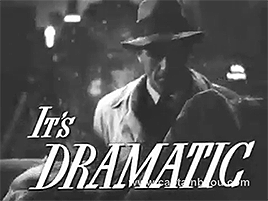
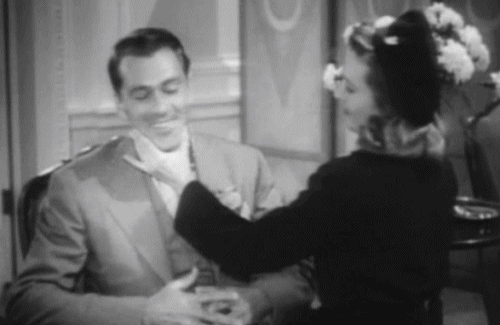
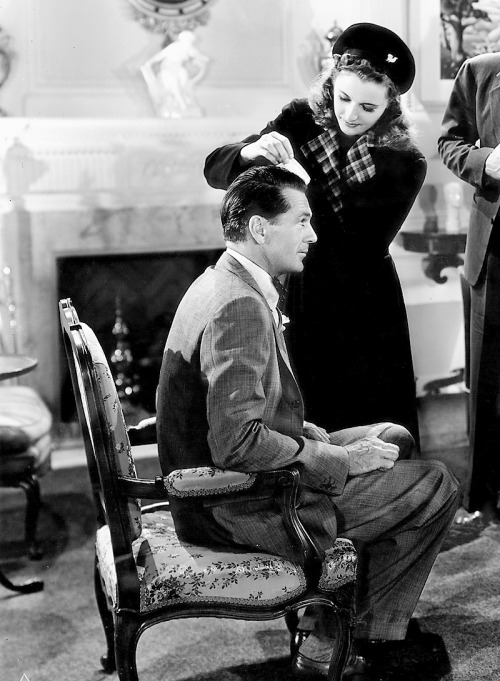
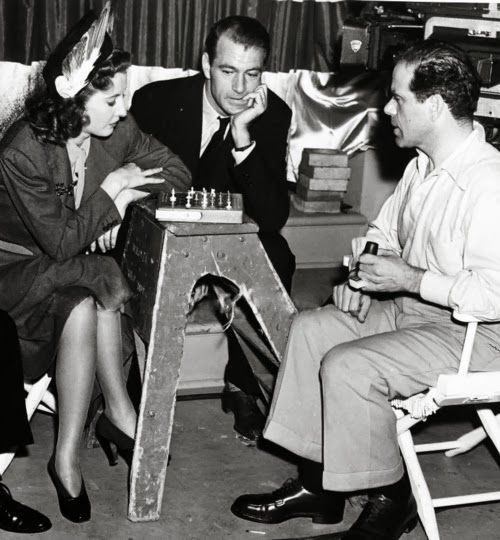
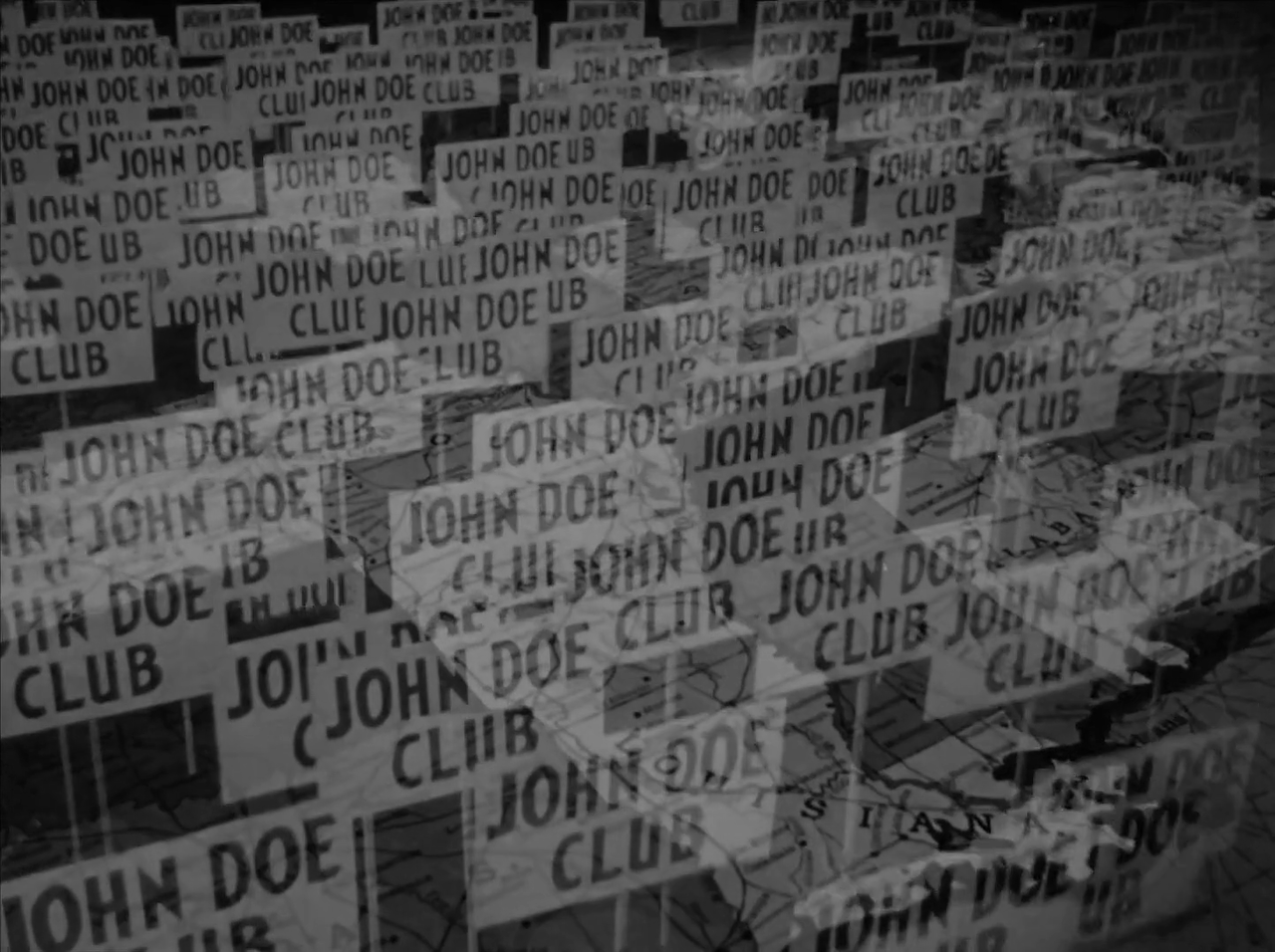
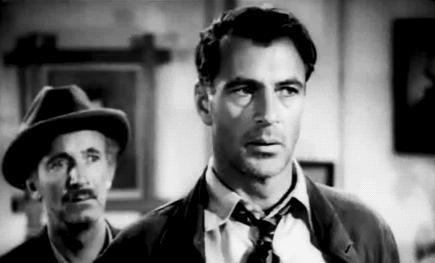
12 comments:
esses eu não vi. beijos, pedrita
Well I finally did it...this thing let say something. I watched the film on DVD and I loved it. Mostly Walter Brennan. I thought he was great. And after reading the translation this post too.
As for the Peter Lorre post I've only seen two films of his - The Raven, and Voyage To The Bottom Of The Sea. He was great in The Raven where he played off of Vincent Price, and Boris Karloff. He ad-libbed most of his lines
Maravilha amei
Beijos
http://pinagirlscris.blogspot.com
I'm so glad you chose this film. I ADORE "Meet John Doe". Gary Cooper and Barbara Stanwyck are perfect in their roles. Great choice for the blogathon!
A love story that makes you think. The script and the performances in this movie are achingly fine. One of Capra's finest movies.
Great review of a great movie!
Entrei em uma fase que quero ver filmes antigos, nunca vi muito antifos, entaum a recem começando, vi primeiro o POderoso Chefão e agora quero ver Bonequinha de Luxo, vou anotar a sua dica, parece legal! ^^
It's certainly unfortunate that this missed out on the screenplay Oscar as this is an oft-overlooked classic (I'm not suggesting it should've beat Citizen Kane, they just should've checked the release schedule ;) Stanwyck has been a popular choice for this blogathon, and not without merit.
One of my fave Capra movies, with that great pair of actors and excellent support, you did them all justice with a nice post
Amei amei a história, parece excelente!
Gosto muito do Cary Grant. Vou colocar na listinha!
Beijos!
For some reason, I had trouble figuring out this comment feature earlier.:( This is one of my favorite films. Stanwyck is amazing in it, and the darker tone really suits the subject matter. Thanks so much for a great post. Leah
Gostaria de saber porque não tem o discurso que é maravilhoso mudou a maneira de pensar de uma nação
Post a Comment